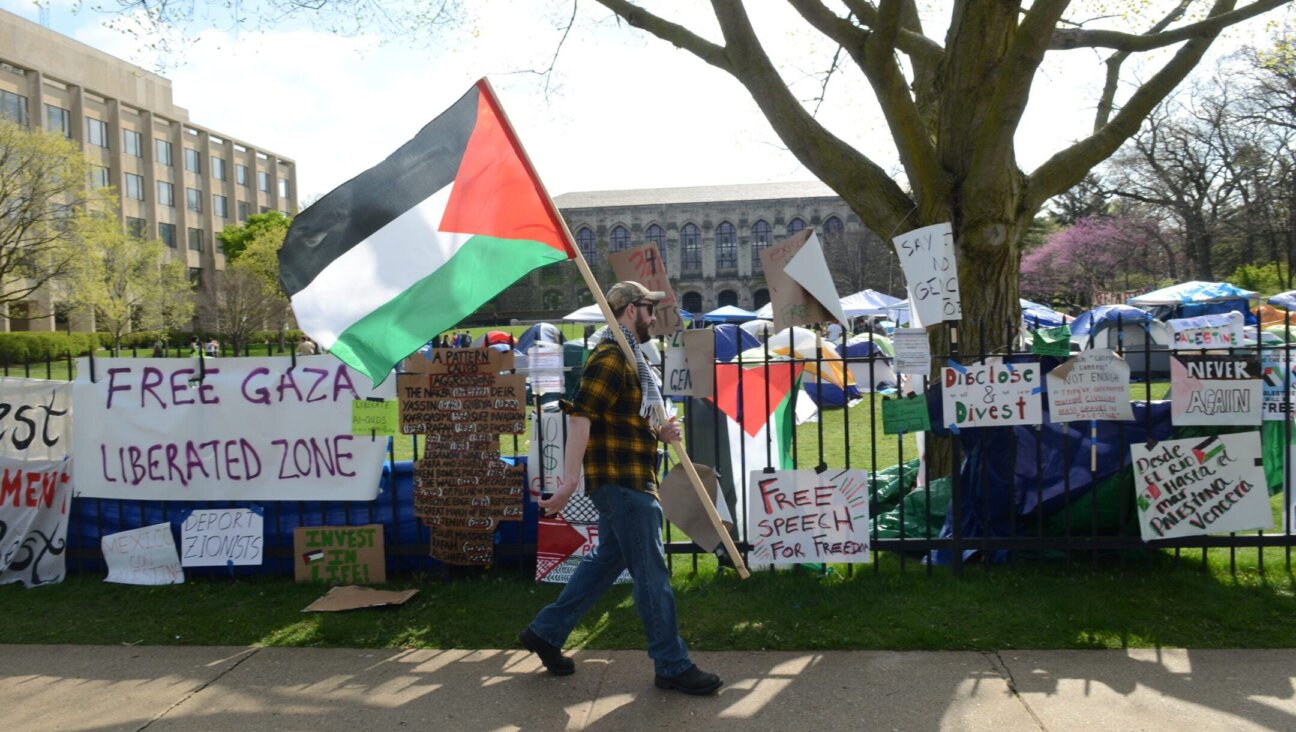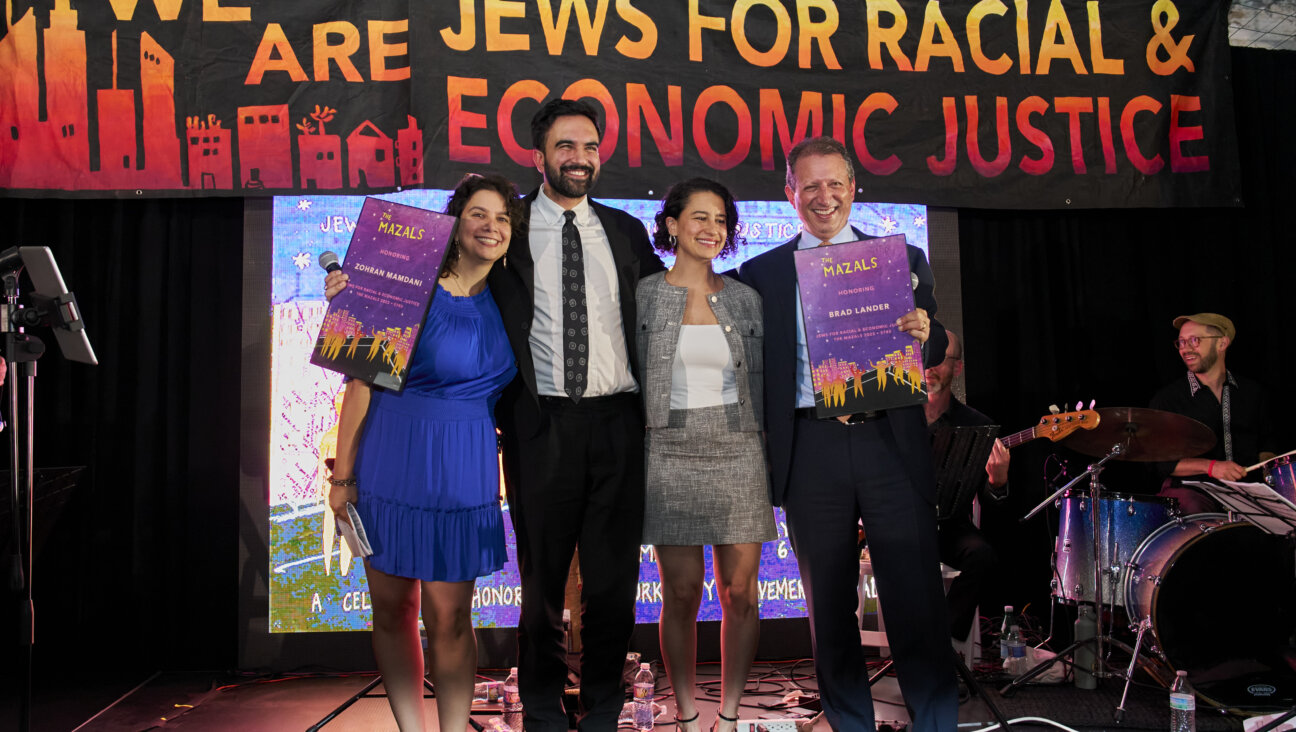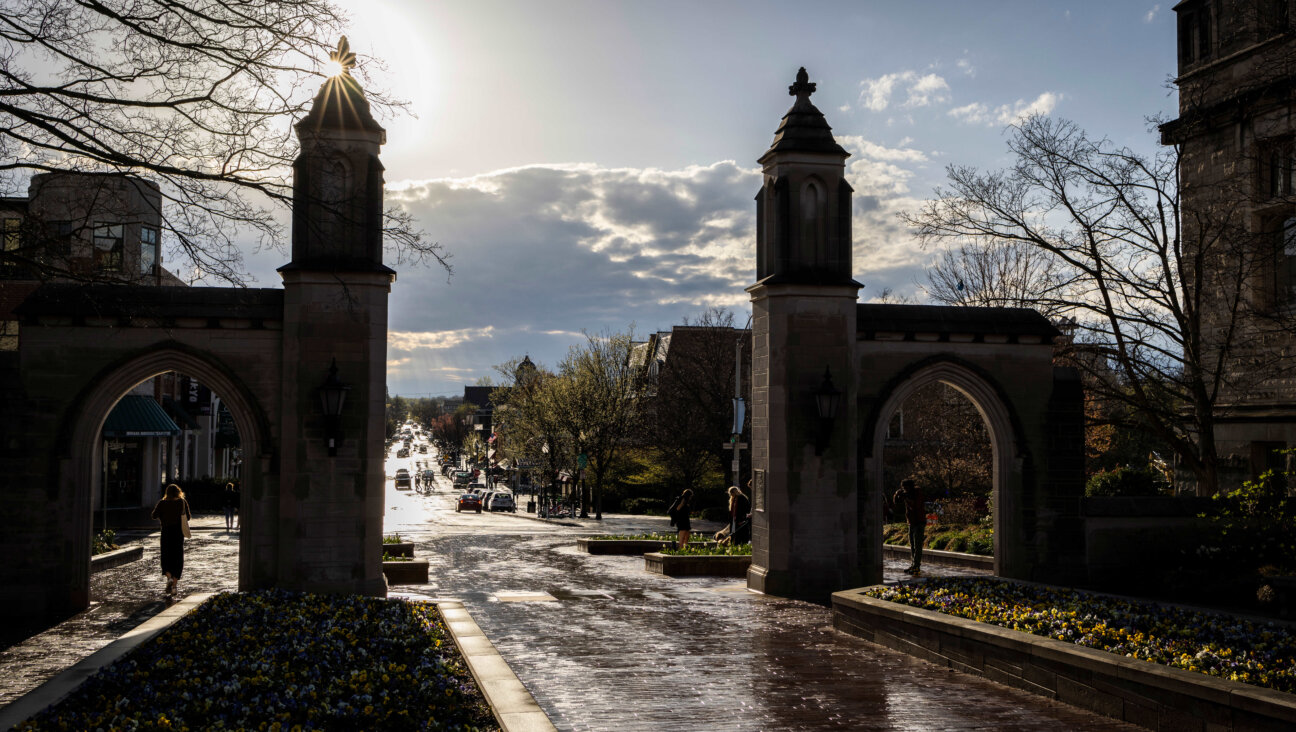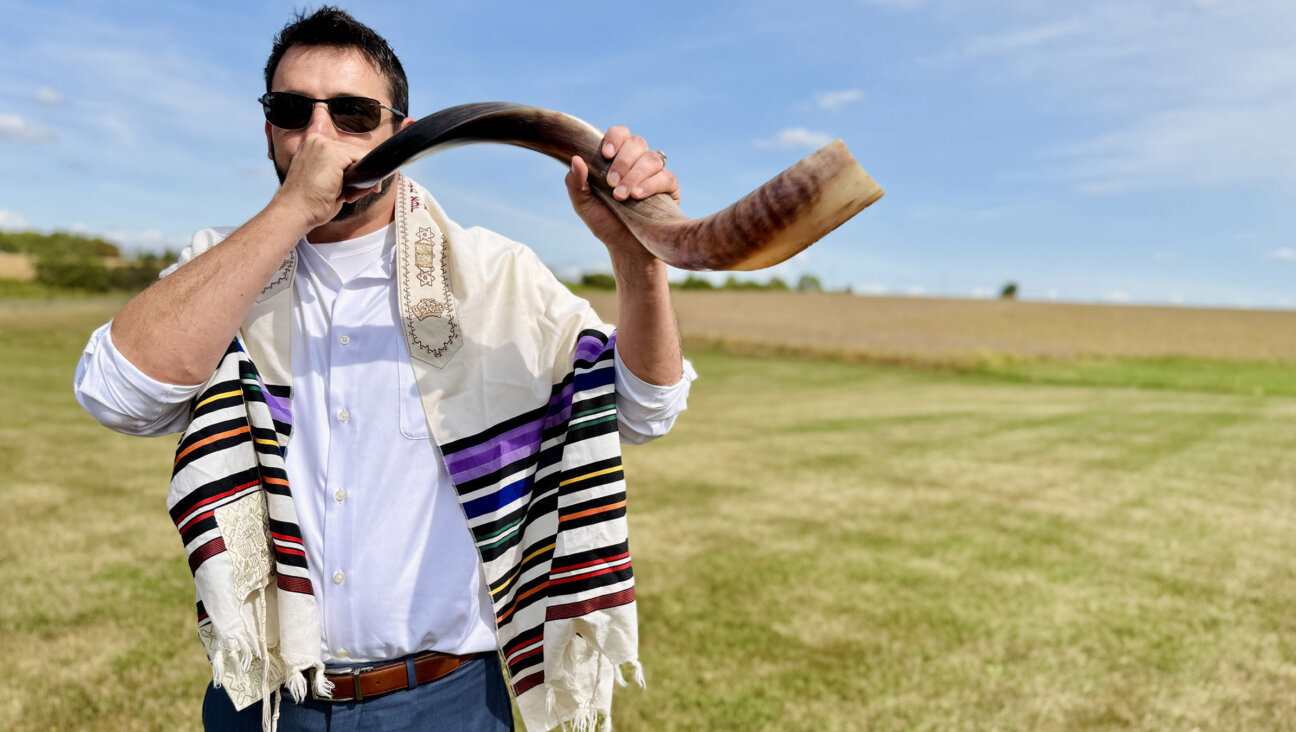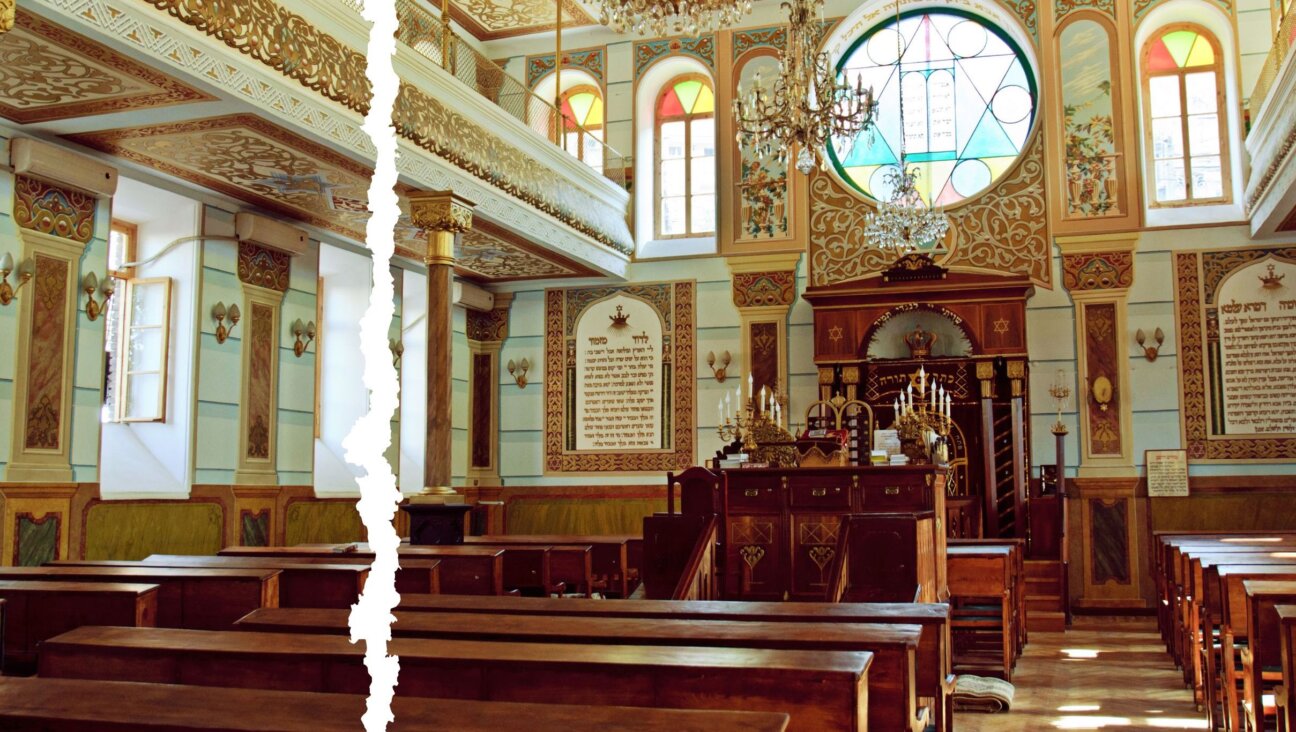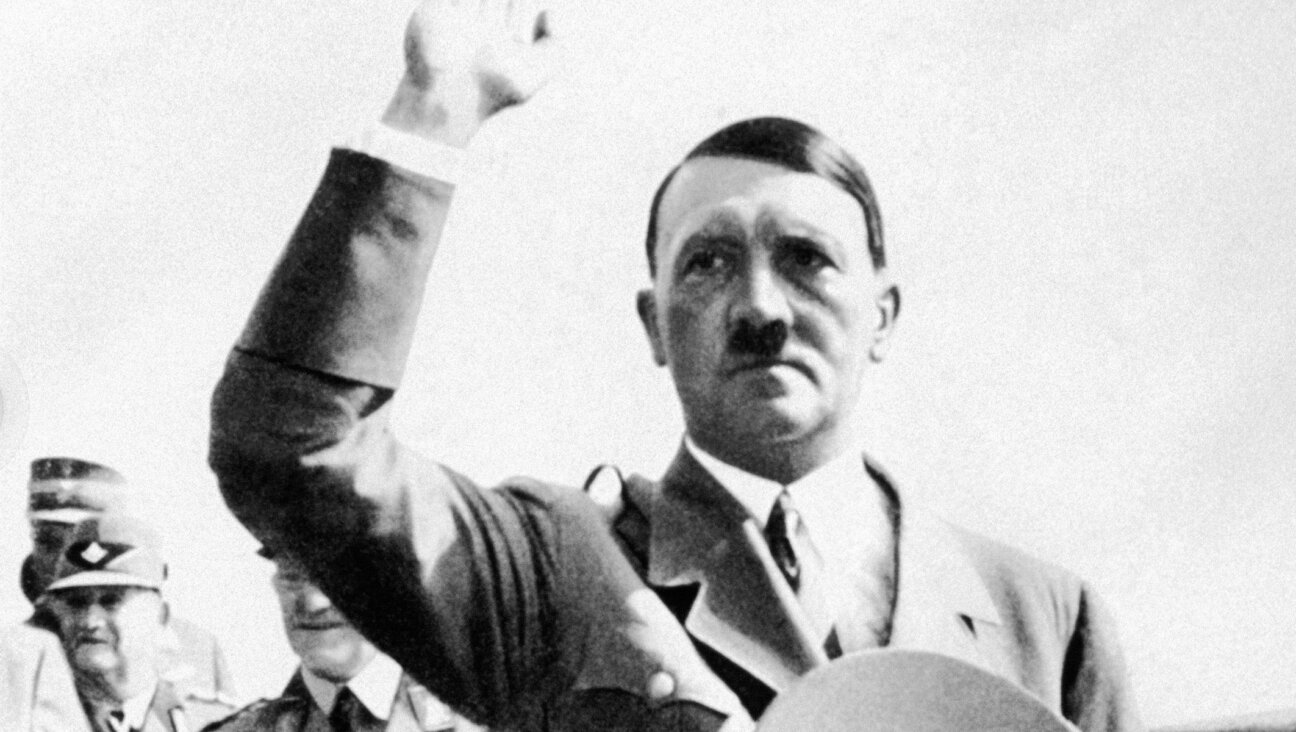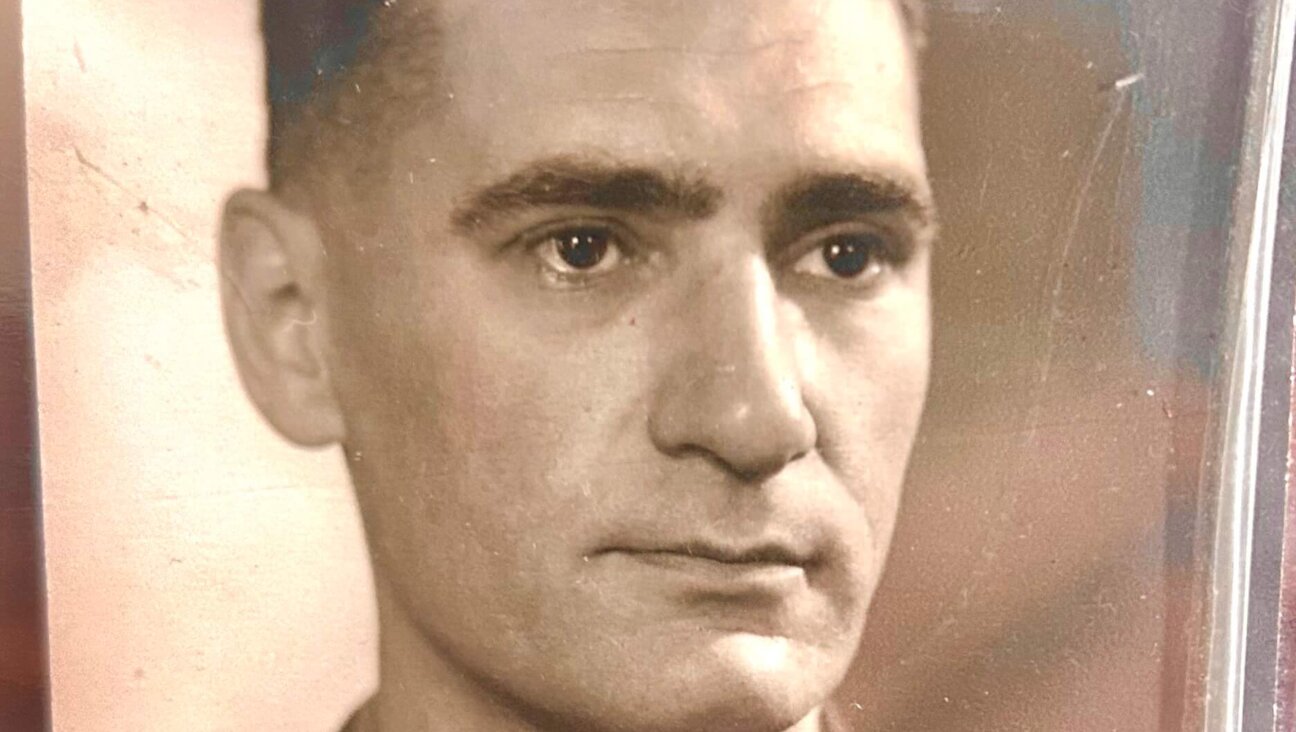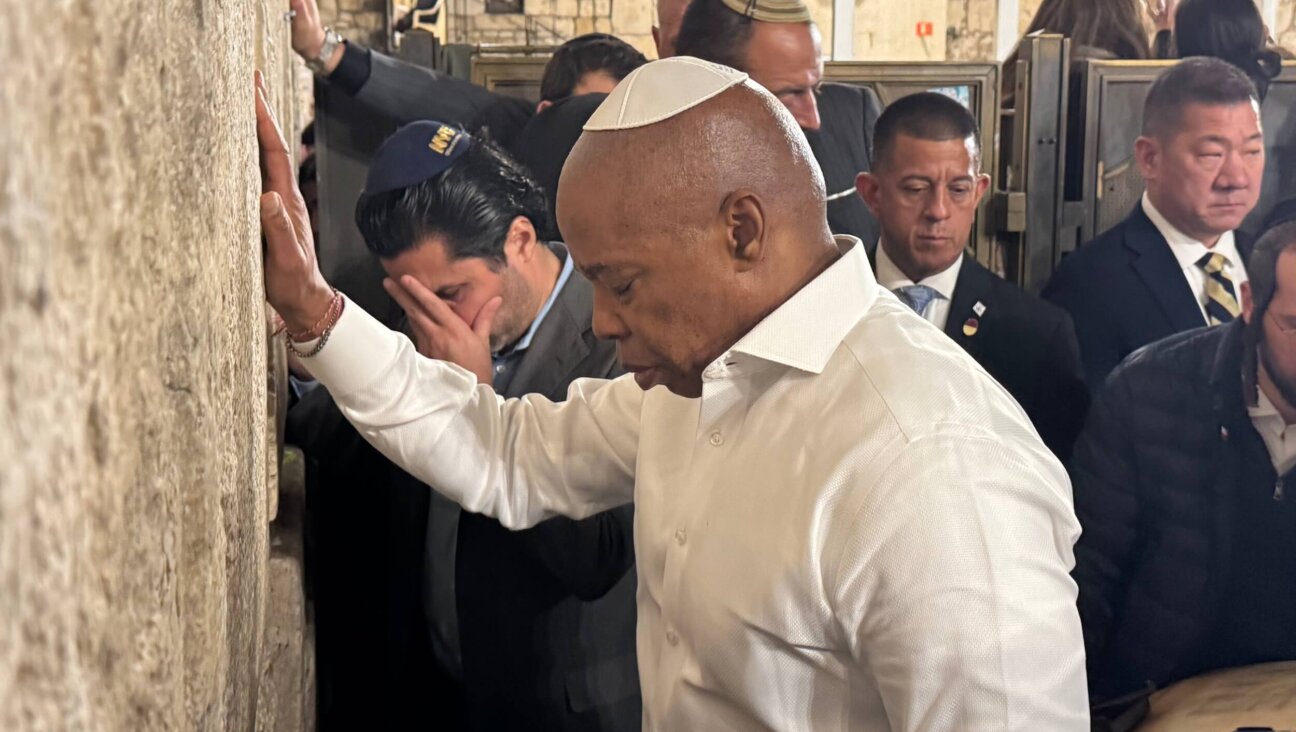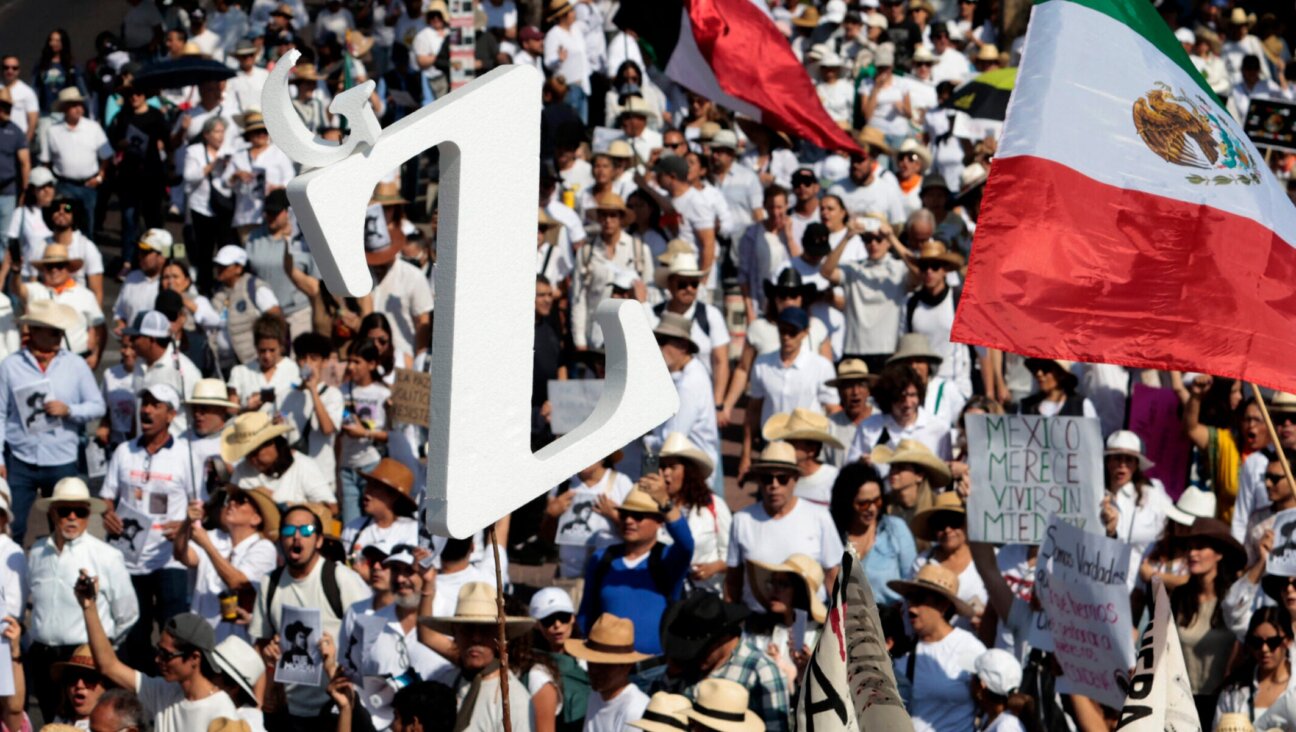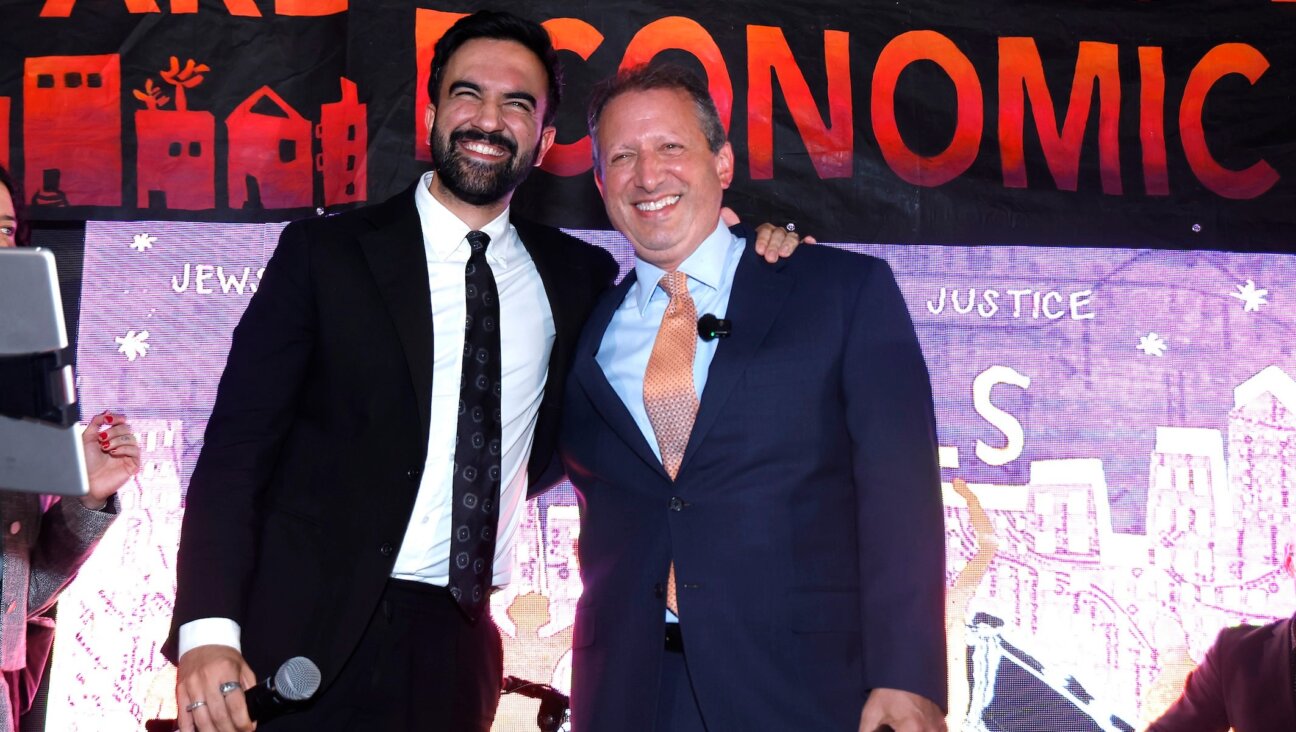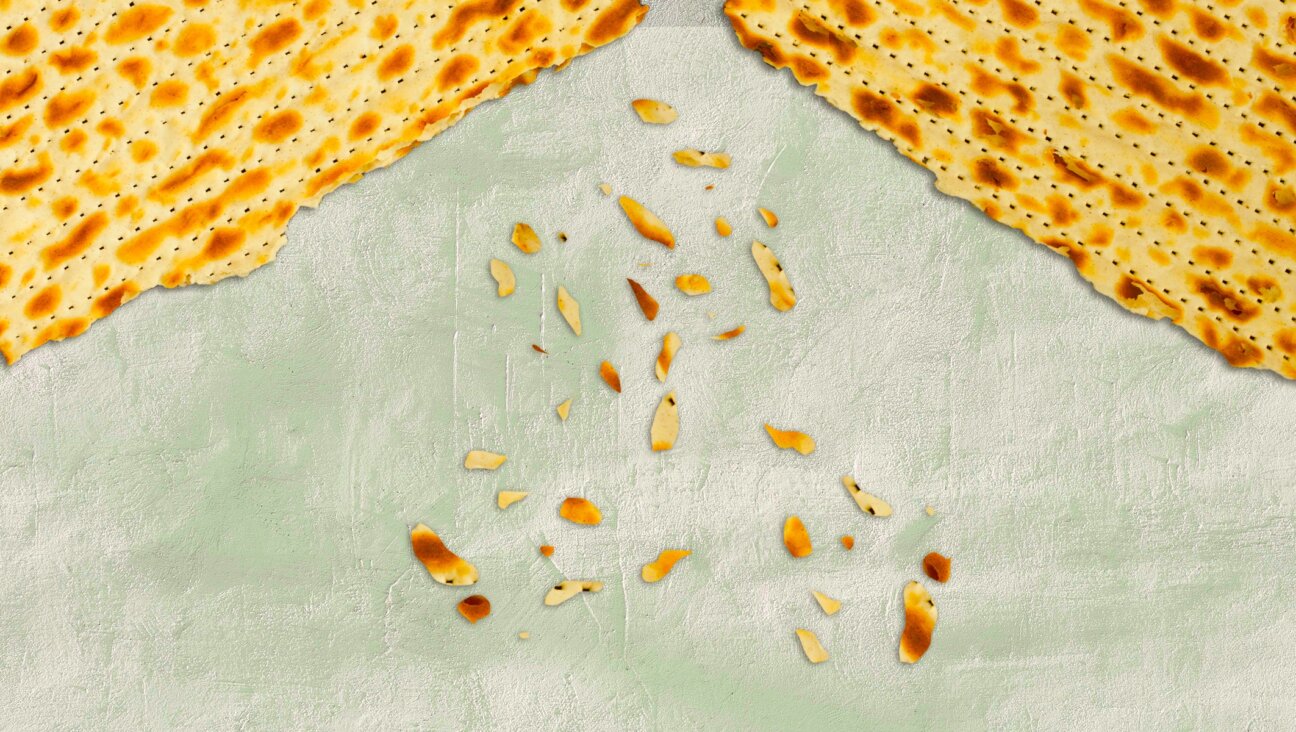Shopping Center Raises Grave Questions
YONKERS, N.Y. — Last summer, when Allan Turkheim and his wife drove up to the graves of his wife’s family at the cemetery of the Congregation People of Righteousness in this city just north of the Bronx, he almost didn’t believe his eyes. Where the remains of his relatives once lay he saw only the Austin Avenue retail center, a shopping complex inhabited by a Costco, a Home Depot and a Stew Leonard’s.
Later Turkheim was told that the remains of his relatives had been dug up and re-interred in Israel. But his claim led to new questions, including whether the 147 children’s bodies buried at the site still might be in the ground, with hordes of daily shoppers unwittingly driving over them.
This week, the office of New York State Attorney General Eliot Spitzer presented a filing to the State Supreme Court in Westchester County, asserting that after a yearlong investigation, the parties who had been charged with taking care of the remains could offer no proof that they had done so. Spitzer’s office is now calling for an appropriate memorial.
“Nobody has any records, nobody wants to know,” Turkheim said in an interview with the Forward. “It just does not pass the smell test.”
The synagogue was founded in 1899 and occupied an acre of land, half of which was reserved for the community’s cemetery. In 1969, the congregation allowed its building to be demolished so that a road could be widened, but the cemetery remained — mostly abandoned — for several decades afterward.
In the mid-1980s, Morris Industrial Builders, a New Jersey-based developer, began plans to erect a commercial center on 100 acres of property in Yonkers, including the half-acre used by the cemetery. According to a map provided by the congregation, the cemetery, which was laid out into 500 plots, held 94 adults and 147 children.
In consultation with the Rabbinical Council of America, then led by Rabbi Benyamin Walfish, the board members of the congregation agreed to hand over the land in exchange for the company’s guarantee to contract for the relocation of all bodies in accordance with Orthodox rabbinic law.
Plaza Memorial Chapel — then a for-profit enterprise that recently became a nonprofit — was hired to re-inter the bodies.
According to the filing, living relatives were found for 20 of the adult bodies, and these were relocated with full documentation to other cemeteries in the United States; approximately 70 other adult remains were allegedly re-interred outside Jerusalem, though the company failed to provide the proper documentation of this process. For example, Turkheim has been informed that tombstones with his relatives’ names exist in a cemetery in Israel, but he has been given no record that the actual remains are there as well.
The main cause of confusion, though, seems to be the 147 children’s bodies. Though some familiar with the case said there was nothing unusual in the high ratio of children’s graves to adult graves, others have suggested that it could be the result of the influenza epidemic that struck shortly after World War I, while McFadden has asserted that a number of the children may have been victims of a local fire and, as such, no physical remains would have survived. But individual graves are indeed marked on the congregation’s map.
According to this week’s filing, Michael McFadden, a representative of Plaza Memorial Chapel, claims to have overseen the re-interment of the adult remains, but not to have found any children’s remains; the latter, according to the filing, were represented by two bags of dirt from the cemetery — a concession that McFadden said was permitted by a rabbi whom he did not name.
Avi Schick, deputy counsel to Spitzer, said that in a visit to the cemetery, by calculating the ages of deceased at death, “it appeared that there were about a dozen or so children buried there, which is contradictory to what McFadden now says, that no children were found.”
The now-retired Walfish, who was the main rabbi consulting on the re-interment, told the Forward that he was only told of 94 graves and never informed about any missing children’s graves.
“To the best of my knowledge all the graves were removed,” he said. “If we had had a record of it, we would have removed those graves, there’s no question about it. We wouldn’t do it any other way.
“The RCA would not have permitted the selling of the property if all of the graves were not removed,” said Walfish, who added that he “was not involved in the counting of the graves, I was [only] involved in their excavation.” Walfish said it was possible that an Orthodox rabbi would give an opinion consistent with that claimed by McFadden, but that he knew nothing about it.
Neither the company’s representatives nor the company’s lawyer returned phone calls requesting comment, nor did McFadden or Andrew Fier, who is said to have worked with McFadden on the re-interment.
The episode is reminiscent of the recent controversy regarding a memorial at the Holocaust concentration camp of Belzec, where some Jewish activists claim that Jewish remains were being disturbed in order to create the memorial. The Yonkers episode, however, has two key differences: Whereas the Belzec effort was for the construction of a memorial to the dead, here the remains would now lay below acres of busy shoppers; and whereas in Belzec, the activists claimed that white chunks in the overturned dirt proved that remains had been disturbed, here the land has been so thoroughly graded and re-graded that there is no sign at all of its previous status as a burial place.
For more information on this story, please see forward.com/fiddish.

